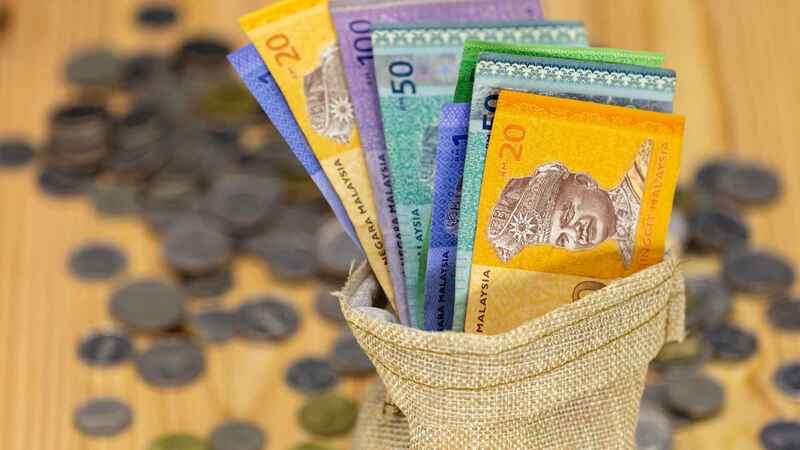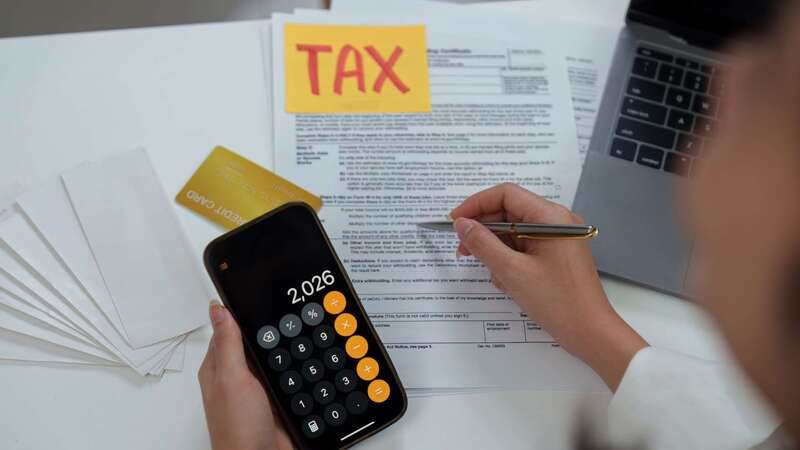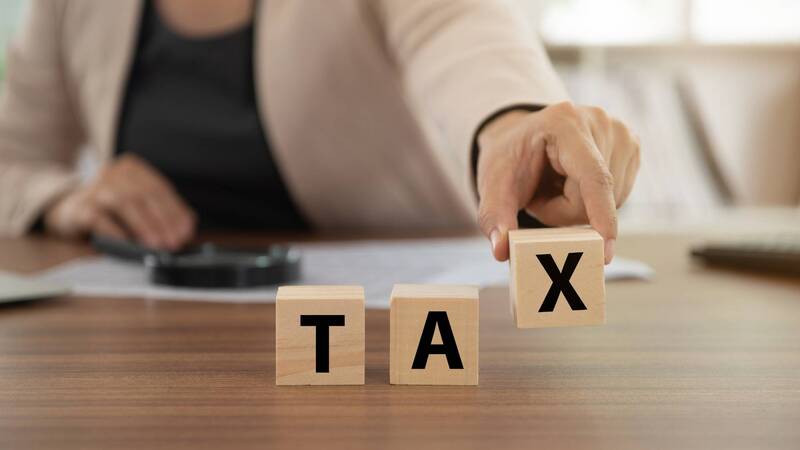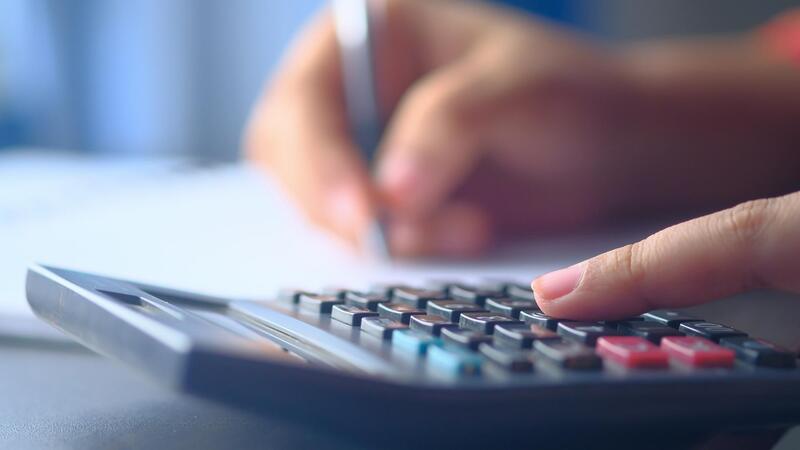How is Deepavali celebrated in Malaysia?
GeneralOctober 03, 2025 09:00
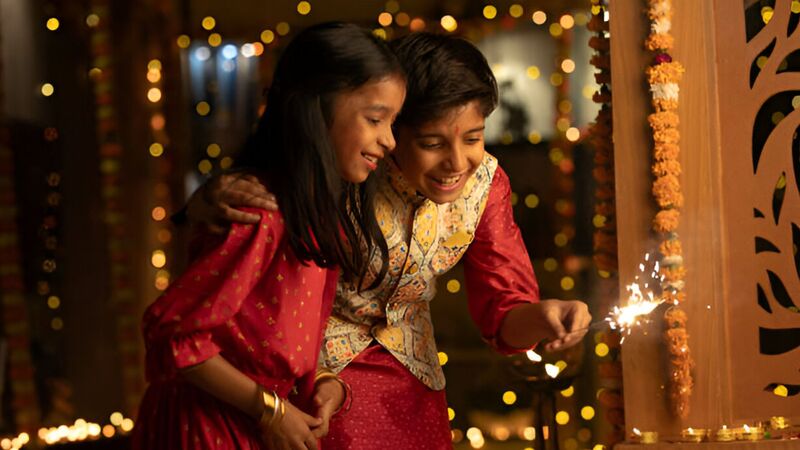
How Is Deepavali Celebrated in Malaysia?
Deepavali — also known as Diwali or the “Festival of Lights” — is one of Malaysia’s most vibrant cultural festivals. Though rooted in Hindu traditions, its celebration in Malaysia reflects a blend of faith, community, and national identity. In this article, we explore how Deepavali is observed across Malaysia, the rituals, foods, cultural elements, and the spirit of unity behind the festival.
What Is Deepavali?
-
Meaning & Symbolism
The name “Deepavali” comes from the Sanskrit words “Deepa” (lamp) and “avali” (row), meaning a row of lamps. It symbolizes the triumph of light over darkness and good over evil.
-
Public Holiday Status in Malaysia
Deepavali is a gazetted public holiday in Malaysia (except in Sarawak) and is widely recognized as one of the major festivals in the country.
-
Multi-Day Observance
In Malaysia, Deepavali is often considered a multi-day festival, though the official holiday is typically one day.
Preparations & Home Rituals
1. Cleaning & Decorating
Before Deepavali, families thoroughly clean and decorate their homes to welcome prosperity and positive energy.
Decorations include:
-
Kolam / Rangoli: Intricate floor designs made of colored rice flour or powder placed at the entrance to invite blessings.
-
Lighting Diyas & Lamps: Earthen oil lamps (diyas) and string lights adorn windows, doorways, and outdoor walkways.
2. Oil Bath & New Clothes
On Deepavali morning, many Hindus take a ritual oil bath (often using sesame or herbal oils) before offering prayers.
After the bath, participants wear new traditional clothing (saris, kurta, dhoti) to symbolize renewal and purity.
Religious Observance & Temple Visits
-
Puja & Prayers
Families perform worship (puja) at home altars and visit Hindu temples to offer prayers to deities like Goddess Lakshmi, Lord Ganesha or Lord Krishna.
-
Temple Events & Fireworks (Limited)
In some temples, cultural performances, processions, and lighting displays are organized. Fireworks and firecrackers are generally restricted due to regulations.
-
Observances at Famous Temples
Notable temples like Batu Caves (Selangor) become focal points of pilgrim gathering during Deepavali.
Food, Feasting & Open Houses
Food is central to Deepavali celebrations in Malaysia:
-
Traditional Festive Snacks & Sweets
Favorites include murukku, laddu, barfi / halwa, payasam, vadai, athirasam, and other sweets and savory treats.
-
Vegetarian Meals & Community Feasts
Many households prepare vegetarian meals on the day as a sign of purity and devotion. Some temples or communities host communal meals or open houses where friends, neighbors, and people of all faiths are invited.
-
Home Visits & Gift Exchanges
Deepavali is also marked by visiting relatives and friends, exchanging gifts, sweets, and greetings. This practice fosters bonding and inclusivity.
Community & Cultural Celebrations
-
Street Decorations & Bazaars
In areas with large Indian populations (e.g. Little India in Brickfields, KL), streets and shops are festooned with lights, decorations, and festive displays. Many malls also participate with themed decor and events.
-
Cultural Shows & Performances
Dance, music, temple processions, and traditional art performances add to the festive atmosphere.
-
Charity & Giving
The spirit of giving is observed through acts of charity or distribution of essentials to the needy during this period.
Symbolic Meanings & Modern Adaptations
-
Light over Darkness
The illuminating of lamps symbolizes hope, knowledge, and the inner light within all beings.
-
Cultural Unity
Deepavali in Malaysia reflects multicultural harmony. Many Malaysians of different ethnic groups participate in open houses or attend community events.
-
Digital & Corporate Celebrations
Corporations and media release special messages, decorations, and promotions during Deepavali, showcasing support for the Indian community.
When & Where: Timing & Locations
-
Date Variation
Deepavali dates change yearly based on the Hindu lunar calendar, typically occurring between October and November.
-
Key Locations to Experience
For vivid celebrations, visit Little India in Brickfields (KL), George Town (Penang), and major Indian temples.
Final Thoughts
Deepavali in Malaysia is both a deeply spiritual festival and a celebration woven into Malaysia’s multicultural fabric. Through lights, food, prayers, charity, and unity, it brings together communities in affirmation of hope, renewal, and harmony. For anyone wanting to experience its beauty, participating in open houses, temple visits or cultural events offers a warm, immersive glimpse into Malaysia’s “Festival of Lights.”
Looking for new career opportunities? Check out our latest job openings here: Job listings
Need hiring support? Connect with Reeracoen Malaysia today!

